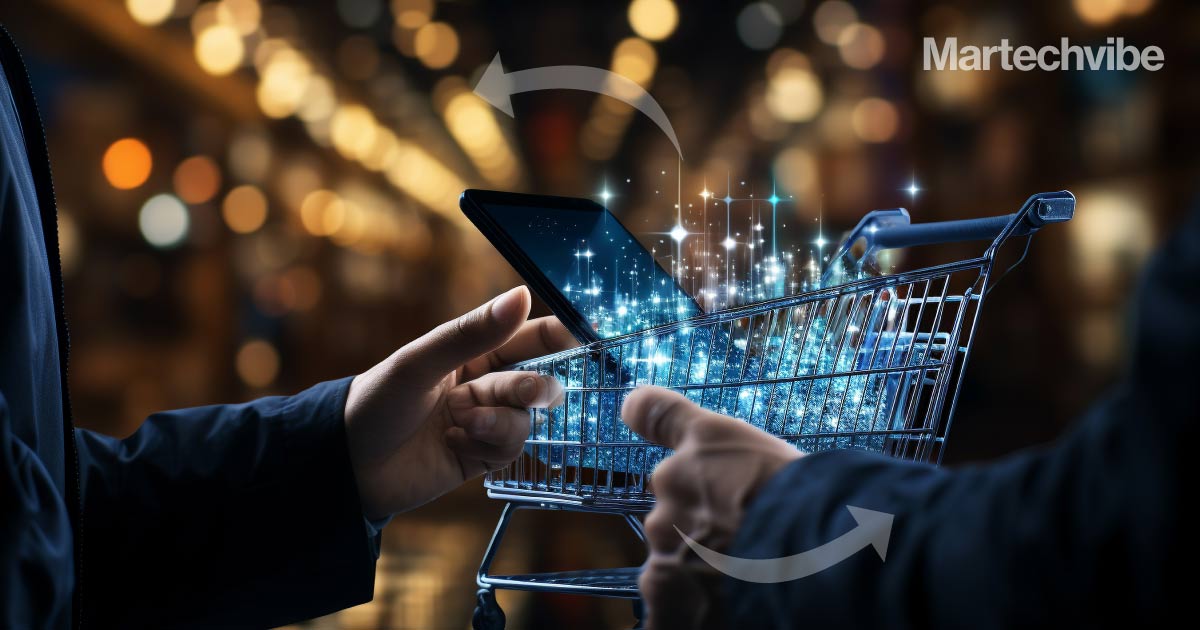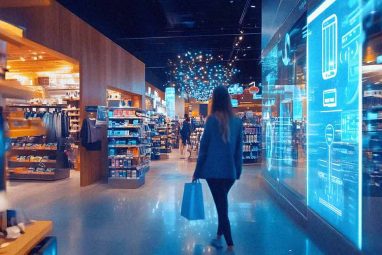How is Embedded Financial Technology Moving UAE’s Retail Industry?
Around 70% of small grocery stores in the UAE don’t have a connected point-of-sale (POS) and checkout system, making it difficult for retailers to gain a competitive edge, 24SEVEN unveils.
Topics
What to Read Next
- TripleLift Announces Partnership with Attain to Unify Context and Commerce
- Seedtag Partners with IRIS.TV to Expand Contextual Signals for CTV Targeting
- Magnite, Cognitiv Announce Deep Learning Integration for Real-Time Curation
- Dscout Announces Integration with HeyMarvin
- Comscore Launches Program-Level Capabilities within CCM










































































































